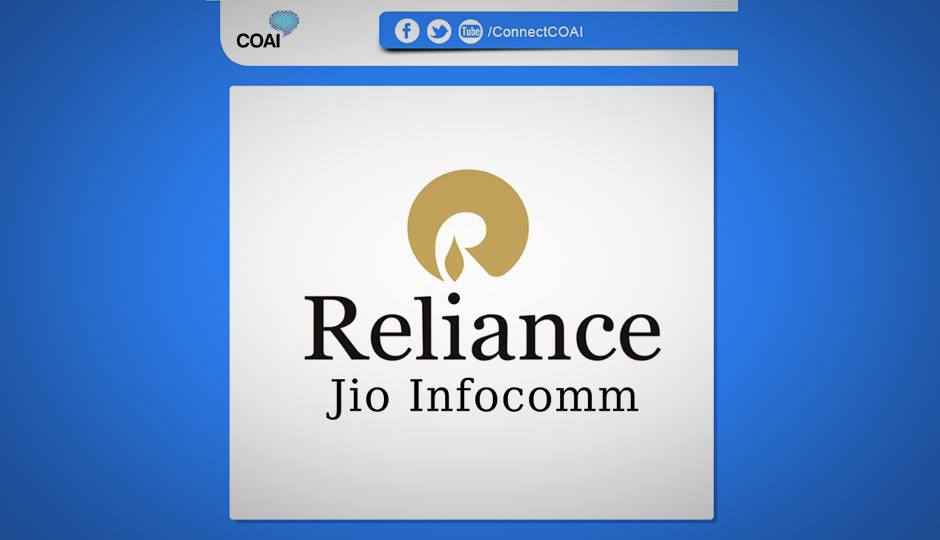Reliance Jio Infocomm joins COAI, buries the hatchet

After locking horns over a range of issues, Reliance Jio Infocomm and COAI have finally joined hands – a move that is going to benefit the two parties.
Reliance Jio Infocomm has finally joined the Cellular Operators Association of India (COAI) as a core member of the GSM industry body. Addition of Reliance Jio allows the COAI to be a more comprehensive representative of the telecom industry. It's notable the two sides in the past have been at loggerheads over a number of issues ranging from licence allocation to spectrum fee.
RJIL managing director Sandip Das says the move will help the policy makers and industry to keep abreast with consumer demands. “We are, therefore, pleased to join the COAI, where along with other operators, we hope to create an operating environment that will help us realize this ambition for all Indians as an industry, in the overall context of our nation’s development,” Das said.
“We are delighted that Reliance Jio Infocomm (RJIL) has joined us in our common endeavour to roll out innovative and affordable mobile broadband services to the citizens of India,” COAI’s director general Rajan S Mathews said in a statement.
As said above, the two parties have locked horns over a range of issues in the past. The COAI had criticised the move to issue RJIL unified licence for Rs 1,673 crore in 2013, which the body said was cheaper and that it allowed the company to provide full-fledged mobile service. RJIL previously held licence only for serving Internet services. The COAI also criticised the move to allocate 4 crore mobile numbers for starting its mobile services, suggesting the telcos should be given maximum of 10 lakh numbers per circle.
Now, the number of COAI’s Core Members has gone up to seven, comprising Aircel Ltd., Bharti Airtel Ltd., Idea Cellular Ltd., Telewings Communications Services Pvt. Ltd., Videocon Telecom, Vodafone India Ltd. and RJIL.
The latest development comes shortly after Facebook joined the COAI as a core member. Facebook's addition came amid heated debate on whether the OTT players should share revenues with the telecom operators for using their networks.




